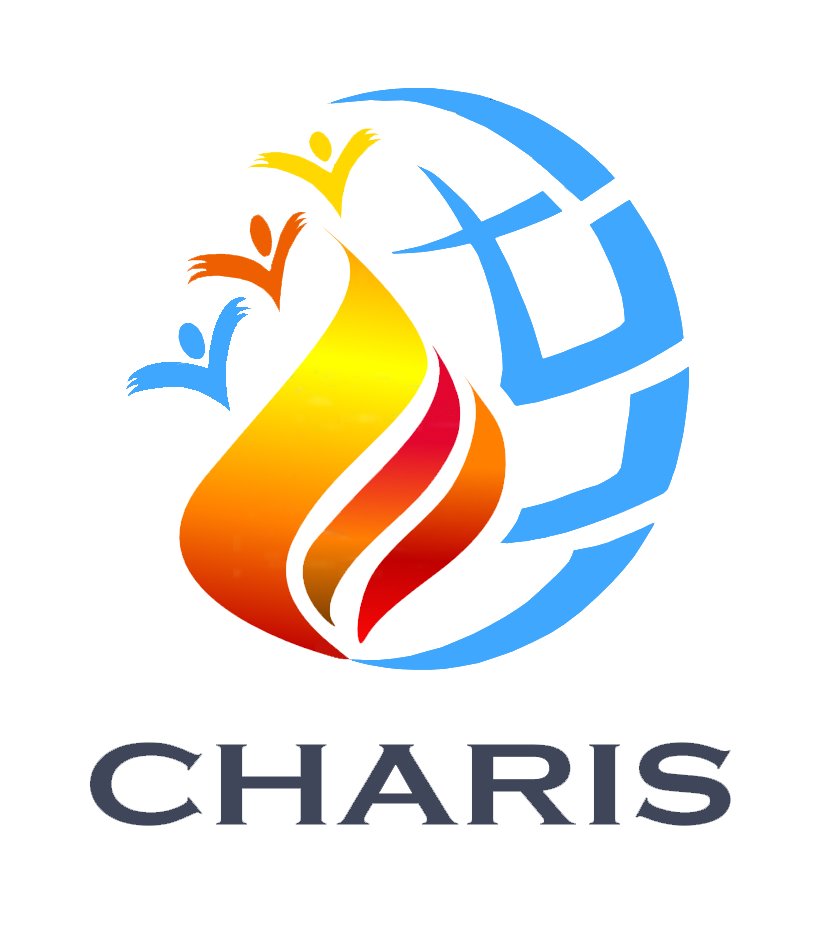Questions and Responses
Doctrinal Commission – International Catholic Charismatic Renewal Services
Year 2018
The Church teaches a balanced perspective regarding the formation of lay groups and associations. The laity have the right to found and control such groups; however, those groups are not ends in themselves but should serve the mission of the Church to the world (see Vatican Council II, Decree on the Apostolate of the Laity, 19). As John Paul II wrote in his Apostolic Letter Christifideles Laici (29):
First of all, the freedom for lay people in the Church to form such groups is to be acknowledged. Such liberty is a true and proper right that is not derived from any kind of “concession” by authority, but flows from the Sacrament of Baptism which calls the lay faithful to participate actively in the Church’s communion and mission. In this regard the Council is quite clear: “As long as the proper relationship is kept to Church authority, the lay faithful have the right to found and run such associations and to join those already existing.” (see also Code of Canon Law, 215)
Thus lay people are free to form charismatic prayer groups, to lead those groups, and to meet at times and places they choose. These groups should maintain a filial relationship to the local bishop, who is responsible for spiritual oversight in his diocese. If the group is connected to a parish, they should recognize the authority of the pastor, who is responsible for ensuring that groups in his parish are spiritually sound and faithful to Catholic teaching. However, this does not mean that the pastor should be the leader of the group. The Church recognizes and strongly affirms the gift of lay leadership, especially as it is exercised in accord with people’s charisms.


